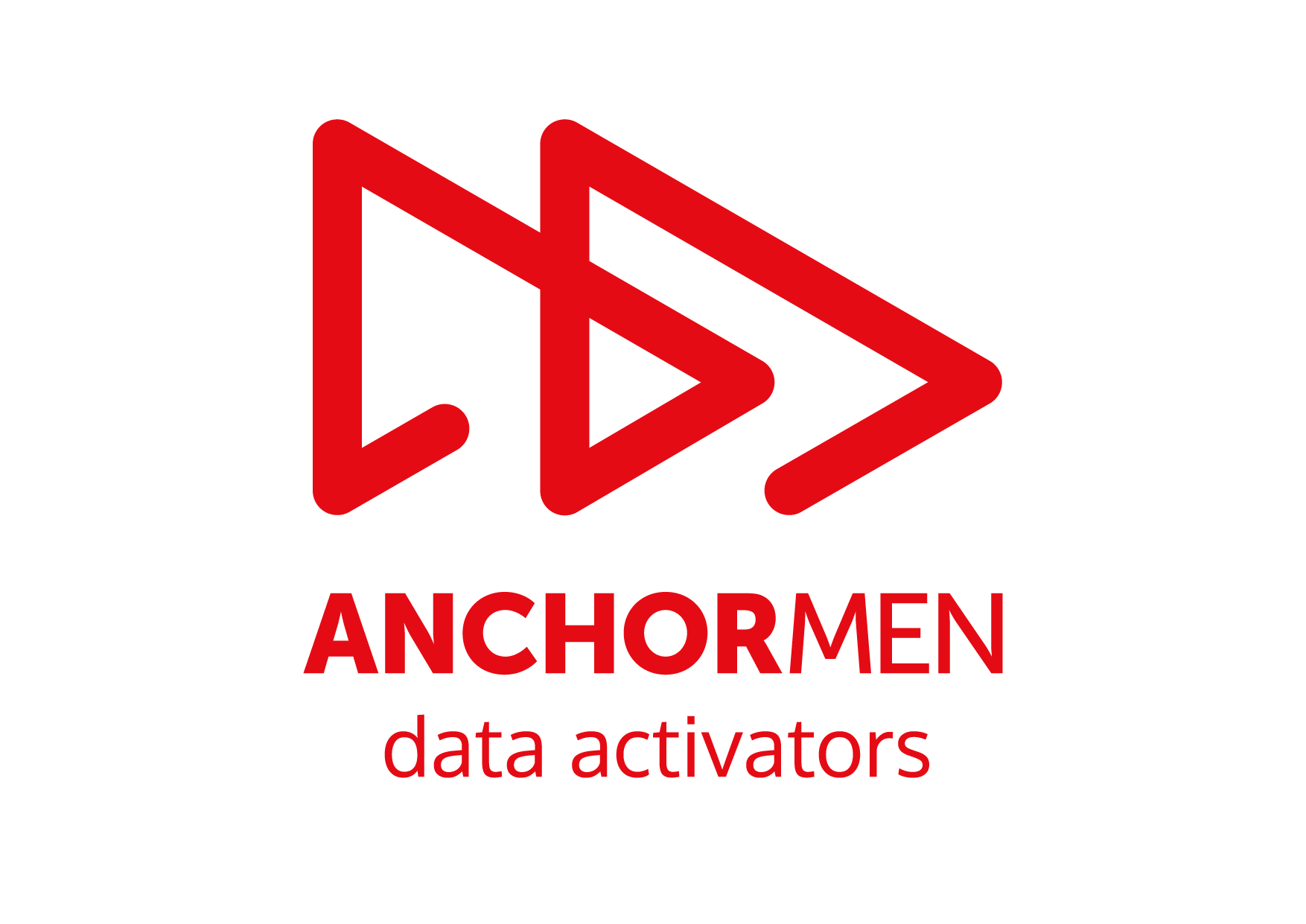Course description
The course starts at 09.30 am and ends at 5 pm. Registration commences at 08.30 am.
MODULE 1: STRATEGY & PLANNING
This session introduces the data lake together with the need for a data strategy and looks at the reasons why companies need it. It looks at what should be in your data strategy, the operating model needed to implement, the types of data you have to manage and the scope of implementation. It also looks at the policies and processes needed to bring your data under control
- The ever increasing distributed data landscape
- The siloed approach to managing and governing data
- IT data integration, self-service data wrangling or both? – data governance or data chaos?
- Key requirements for data management
- Structured data – master, reference and transaction data
- Semi-structured data – JSON, BSON, XML
- Unstructured data – text, video
- Re-usable services to manage data
- Dealing with new data sources – cloud data, sensor data, social media data, smart products (the internet of things)
- Understanding scope of your data lake
- OLTP system sources
- Data Warehouses
- Big Data systems e.g. Hadoop
- MDM and RDM systems
- Data virtualisation
- Streaming data
- Enterprise Content M’gmt
- Building a business case for data management
- Defining an enterprise data strategy
- A new inclusive approach to governing and managing data
- Introducing the data lake and data refinery
- Data lake configurations – what are the options?
- Centralised, distributed or logical data lakes
- Information Supply Chain use cases – establishing a multi-purpose data lake
- The rising importance of an Information catalog
- Key technology components in a data lake
- Hadoop as a data staging area and why it is not enough
- Implementation run-time options – the need to execute in multiple environments
- Integrating a data lake into your enterprise analytical architecture
MODULE 2: INFORMATION PRODUCTION METHODOLOGIES
Having understood strategy, this session looks at why information producers need to make use of multiple methodologies in a data lake information supply chain to product trusted structured and multi-structured data for information consumers to make use of, to drive business value
- Information production and information consumption
- A best practice step-by-step methodology structured data governance
- Why the methodology has to change for semi-structured and unstructured data
- Methodologies for structured vs multistructured data
MODULE 3: DATA STANDARDISATION, THE BUSINESS GLOSSARY AND THE INFORMATION CATALOG
This session looks at the need for data standardisation of structured data and of new insights from processing unstructured data. The key to making this happen is to create common data names and definitions for your data to establish a shared business vocabulary (SBV). The SBV should be defined and stored in a business glossary and is important for information consumers to understand published data in a data lake. It also looks at the emergence of more powerful information catalog software and how business glossaries have become part of what a catalog offers
- Semantic data standardisation using a shared business vocabulary within an information catalog
- The role of a common vocabulary in MDM, RDM, SOA, DW and data virtualisation
- Why is a common vocabulary relevant in a data lake and a Logical Data Warehouse?
- How does an SBV apply to data in a Hadoop data lake?
- Approaches to creating a common vocabulary
- Business glossary products storing common business data names, e.g. Alteryx Connect Glossary, ASG, Collibra, Global IDs, Informatica, IBM Information Governance Catalog, Microsoft Azure Data Catalog Business Glossary, SAP Information Steward Metapedia, SAS Business Data Network, TIBCO Information Server
- Planning for a business glossary
- Organising data definitions in a business glossary
- Key roles and responsibilities – getting the operating model right to create and manage an SBV
- Formalising governance of business data names, e.g. the dispute resolution process
- Business involvement in SBV creation
- Beyond structured data – from business glossary to information catalog
- What is an Information Catalog?
- Why are information catalogs becoming critical to data mangement?
- Information catalog technologies, e.g. Alation, Alteryx Connect, Amazon Glue, Apache Atlas, Collibra Catalog, IBM Information Governance Catalog & Watson Knowledge Catalog, Informatica EIC & Live Data Map, Microsoft Azure Data Catalog, Podium Data, Waterline Data, Zaloni Mica
- Information catalog capabilities
MODULE 4: ORGANISING AND OPERATING THE DATA LAKE
This session looks at how to organise data to still be able to manage it in a complex data landscape. It looks at zoning, versioning, the need for collaboration between business and IT and the use of an information catalog in managing the data
- Organising data in a centralised or distributed data lake
- Creating zones to manage data
- New requirements for managing data in centralised and distributed data lakes
- Creating collaborative data lake projects
- Hadoop as a staging area for enterprise data cleansing and integration
- Core processes in data lake operations
- The data ingestion process
- Tools and techniques for data ingestion
- Implementing systematic disparate data and data relationship discovery using Information catalog software
- Using domains and machine learning to automate and speed up data discovery and tagging
- Alation, IBM Watson Knowledge Catalog, Informatica CLAIRE, Silwood, Waterline Data Smart Data Catalog
- Automated profiling and tagging and cataloguing of data
- Automated data mapping
- The data classification and policy definition processes
- Manual and automated data classification to enable governance
- Using tag based policies to govern data
MODULE 5: THE DATA REFINERY PROCESS
This session looks at the process of refining data to get produce trusted information
- What is a data refinery?
- Key requirements for refining data
- The need for multiple execution engines to run in multiple environments
- Options for refining data – ETL versus self-service data preparation
- Key approaches to scalable ETL data integration using Apache Spark
- Self-service data preparation tools for Spark and Hadoop, e.g. Alteryx Designer, Informatica Intelligent Data Lake, IBM Data Refinery, Paxata, Tableau (Project Maestro), Tamr, Talend, Trifacta
- Automated data profiling using analytics in data preparation tools
- Executing data refinery jobs in a distributed data lake using Apache Beam to run anywhere
- Approaches to integrating IT ETL and self-service data preparation
- Apache Atlas Open Metadata & Governance
- Joined up analytical processing from ETL to analytical workflows
- Publishing data and data integration jobs to the information catalog
- Mapping produced data of value into your DW and business vocabulary
- Data provisioning – provisioning consistent information into data warehouses, MDM systems, NoSQL DBMSs and transaction systems
- Provisioning consistent refined data using data virtualisation, a logical data warehouse and on-demand information services
- Governing the provisioning process using rules-based metadata
- Consistent data management across cloud and on-premise systems
MODULE 6: REFINING BIG DATA & DATA FOR DATA WAREHOUSES
This session looks at how the data refining processes can be applied to managing, governing and provisioning data in a Big Data analytical ecosystem and in traditional data warehouses. How do you deal with very large data volumes and different varieties of data? How do you load and process data in Hadoop? How should low-latency data be handled? Topics that will be covered include:
- A walk through of end-to-end data lake operation to create a Single Customer View
- Types of big data & small data needed for single customer view and the challenge of bringing it together
- Connecting to Big Data sources, e.g. web logs, clickstream, sensor data, unstructured and semi-structured content
- Ingesting and analysing clickstream data
- The challenge of capturing external customer data from social networks
- Dealing with unstructured data quality in a Big Data environment
- Using graph analysis to identify new relationships
- The need to combine big data, master data and data in your data warehouse
- Matching big data with customer master data at scale
- Governing data in a Data Science environment
MODULE 7: INFORMATION AUDIT & PROTECTION – THE FORGOTTON SIDE OF DATA GOVERNANCE
Over recent years we have seen many major brands suffer embarrassing publicity due to data security breaches that have damaged their brand and reduced customer confidence. With data now highly distributed and so many technologies in place that offer audit and security, many organisations end up with a piecemeal approach to information audit and protection. Policies are everywhere with no single view of the policies associated with securing data across the enterprise. The number of administrators involved is often difficult to determine and regulatory compliance is now demanding that data is protected and that organisations can prove this to their auditors. So how are organisations dealing with this problem? Are the same data privacy policies enforced everywhere? How is data access security co-ordinated across portals, processes, applications and data? Is anyone auditing privileged user activity? This session defines this problem, looks at the requirements needed for Enterprise Data Audit and Protection and then looks at what technologies are available to help you integrate this into you data strategy
- What is Data Audit and Security and what is involved in managing it?
- Status check – Where are we in data audit, access security and protection today?
- What are the requirements for enterprise data audit, access security and protection?
- What needs to be considered when dealing with the data audit and security challenge?
- Automatic data discovery and the information catalog – a huge help in identifying sensitive data
- What about privileged users?
- Using a data management platform and information catalog to govern data across multiple data stores
- Securing and protecting data using tag based policies in an information catalog
- What technologies are available to protect data and govern it? – Apache Knox, Cloudera Sentry, Dataguise, Hortonworks Ranger, IBM (Watson Data Platform, Knowledge Catalog, Optim & Guardium), Imperva, Informatica Secure@Source, Micro Focus, Privitar
- Can these technologies help in GDPR?
- How do they integrate with Data Governance programs?
- How to get started in securing, auditing and protecting your data.
Speakers
Rick van der Lans
Donald Farmer
Mike Ferguson
Jan Henderyckx
Emiel van Bockel
Sam Wouters
Erik Fransen
Majken Sander
Gold and Platinum Partners
Exhibitors & Media partners
“Good quality content from experienced speakers. Loved it!”
Rotterdam University of Applied Sciences
“As always a string of relevant subjects and topics.”
Het Consultancyhuis
“Longer sessions created room for more depth and dialogue. That is what I appreciate about this summit.”
Erasmus MC
“Inspiring summit with excellent speakers, covering the topics well and from different angles. Organization and venue: very good!”
The Hague Municipality
“Inspiring and well-organized conference. Present-day topics with many practical guidelines, best practices and do's and don'ts regarding information architecture such as big data, data lakes, data virtualisation and a logical data warehouse.”
Closesure
“A fun event and you learn a lot!”
Centric
“As a BI Consultant I feel inspired to recommend this conference to everyone looking for practical tools to implement a long term BI Customer Service.”
iConsultancy
“Very good, as usual!”
biim











